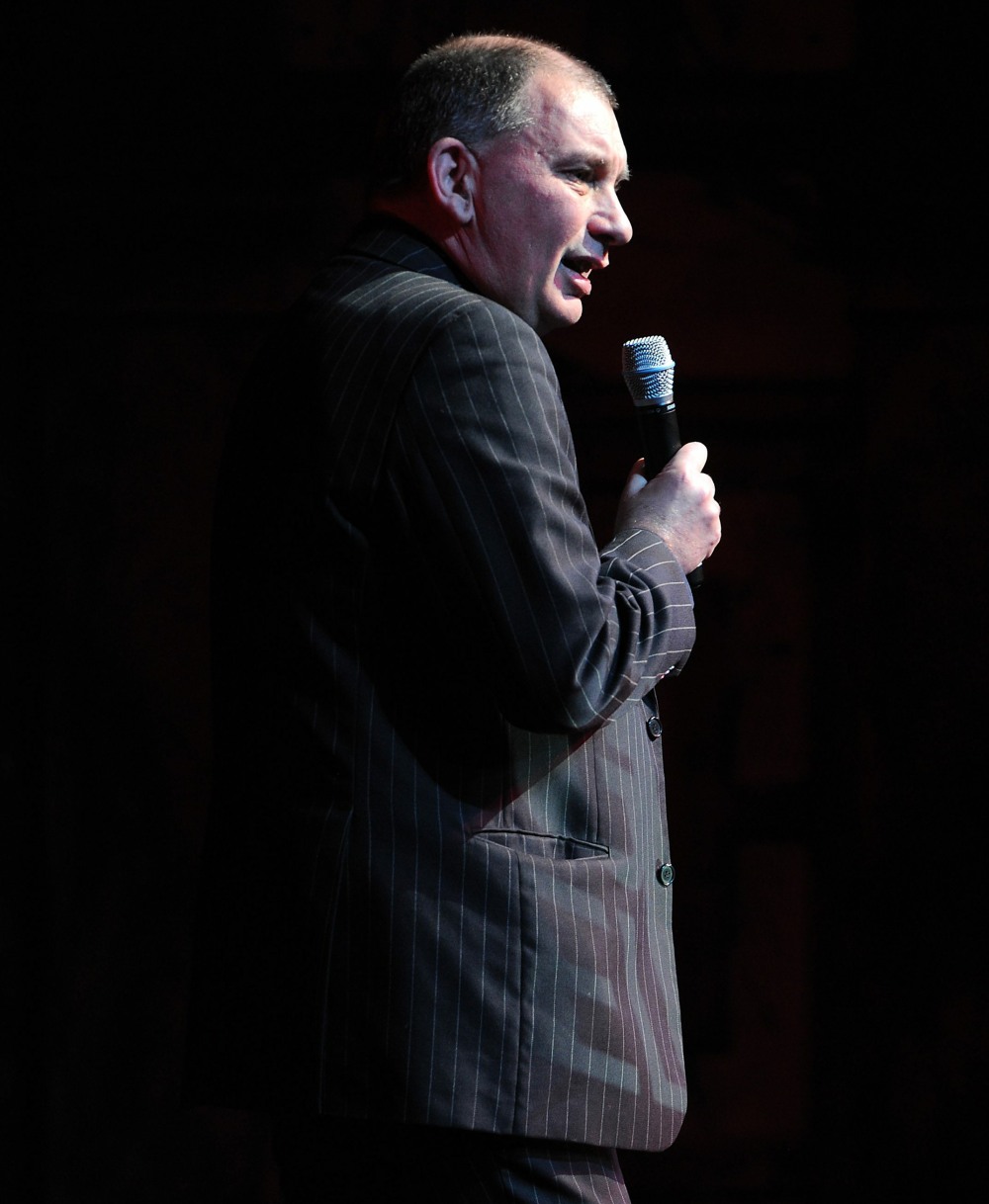The Phillip Schofield story has rocked the British media in recent weeks. Schofield has been accused of having an inappropriate relationship with a much-younger man, and there are rumors that Schofield groomed this young man when he was under the age of 16. The Schofield story was an open secret among British journalists, many of whom have reported euphemistically on his crimes. There are others in the media who openly covered up for Schofield. All of this has led people to wonder: what’s going on in the British media? Why hasn’t there been a Me Too reckoning for abusers within British TV and British print media? Omid Scobie recently tweeted: “Hopefully the uproar around ITV’s alleged coverups will lead to other offenders in the media industry, particularly those who think they have gotten away with the most stomach-churning of crimes, losing their ring of protection, too. Time to put morals over money.” Now the New York Times has a story about the Financial Times killing a story about a serial sexual harasser/predator at the Guardian:
Inside the Financial Times newsroom this winter, one of its star investigative reporters, Madison Marriage, had a potentially explosive scoop involving another newspaper. A prominent left-wing columnist, Nick Cohen, had resigned from Guardian News & Media, and Ms. Marriage had evidence that his departure followed years of unwanted sexual advances and groping of female journalists.
Ms. Marriage specialized in such investigations. She won an award for exposing a handsy black-tie event for Britain’s business elite. A technology mogul got indicted on rape charges after another article. But her investigation on Mr. Cohen, which she hoped would begin a broader look at sexual misconduct in the British news media, was never published. The Financial Times’ editor, Roula Khalaf, killed it, according to interviews with a dozen Financial Times journalists.
It was not spiked because of reporting problems. Two women were willing to speak openly, and Ms. Marriage had supporting documentation on others. Rather, Ms. Khalaf said that Mr. Cohen did not have a big enough business profile to make him an “F.T. story,” colleagues said.
Mr. Cohen’s departure and the death of Ms. Marriage’s article offer a window into the British news media’s complicated relationship with the #MeToo movement. Leading American newsrooms — Fox News, CNN, NBC, The New York Times and others — have confronted misconduct allegations. British journalism has seen no such reckoning.
For Lucy Siegle, the death of the Financial Times article hit especially hard. In 2018, she had reported Mr. Cohen to the Guardian for groping her in the newsroom, but nothing had happened. Now it seemed the whole industry was protecting itself.
“It just amplified this sense that #MeToo is nothing but a convenient hashtag for the British media,” Ms. Siegle said. “The silence on its own industry is just really conspicuous.” The British news media is smaller and cozier than its American counterpart, with journalists often coming from the same elite schools. Stringent libel laws present another hurdle. And in a traditional newsroom culture of drinking and gender imbalances, many stories of misconduct go untold, or face a fight.
[From The NY Times]
The Times notes that the Guardian/Observor cited “health grounds” for Cohen’s departure, but really, the newspaper “paid him a financial settlement for quitting and agreed to confidentiality.” So the dude was a serial sexual harasser for decades and the newspaper was only able to push him out by paying HIM off? What about his victims? I’d be willing to bet that it’s this way in every British newspaper too, with predators hiding in plain sight and a culture of silence and cover-ups. Imagine a Matt Lauer in every newsroom. Imagine coming forward to expose your newsroom’s Matt Lauer and all of the editors say “no, that’s not a story we need to tell.”
Photos courtesy of Avalon Red.
Source: Read Full Article




